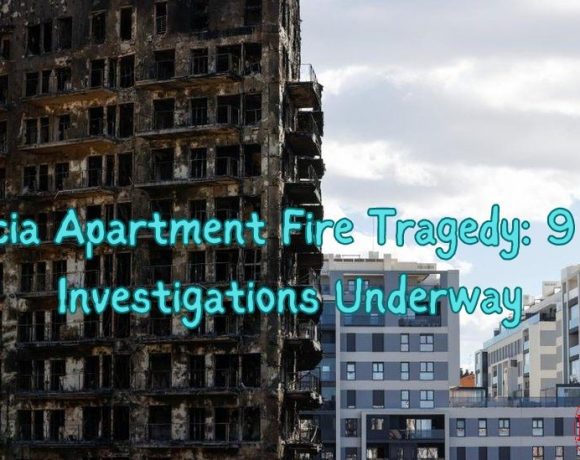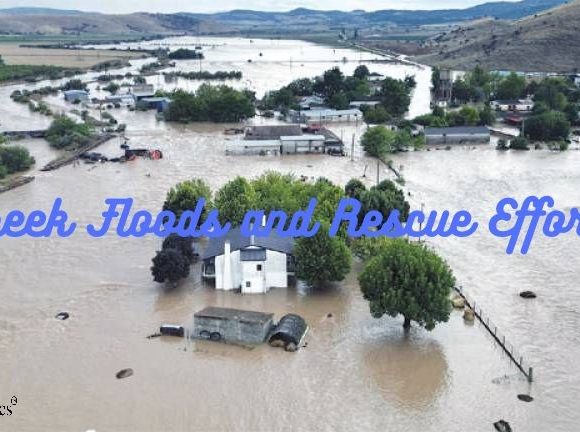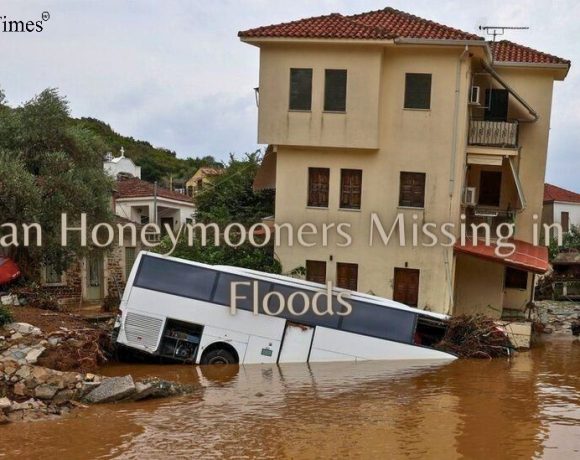
Firefighters and forensic experts in Spain have reported the recovery of nine bodies from the wreckage of a 14-floor apartment complex in Valencia after a fire ravaged it. Initially, authorities stated that 10 people had perished, but later revised the number, indicating one person was missing.
The rapid spread of the flames, believed to have originated on the fourth floor of one of the blocks, was attributed to both the cladding affixed to the exterior of the building and strong winds. The fire engulfed the structure within minutes, hindering firefighters’ efforts to reach beyond the 12th floor due to the swift combustion facilitated by the cladding.
Investigations highlighted the cladding, which was permitted under building regulations at the time of construction in 2008 but has since been prohibited, as a potential cause for the fire’s rapid escalation. Despite its ban, there was no initiative to remove the hazardous cladding, contrasting with measures taken in the UK after the Grenfell Tower tragedy.
Amidst the devastation, acts of bravery emerged, including the efforts of a caretaker named Julián, who courageously attempted to evacuate residents as the fire spread. Individuals recounted harrowing experiences of escaping the inferno, with some sustaining injuries. Prime Minister Pedro Sánchez and other officials pledged support for the affected families and communities.
Efforts to aid those displaced by the fire are underway, with initiatives to provide housing and essential supplies. The local community has rallied to offer assistance, with donations pouring in for the survivors. In a gesture of respect for the victims, a La Liga match scheduled for Saturday has been postponed. Valencia FC expressed condolences for the tragedy that befell the city.
Picture Courtesy: Google/images are subject to copyright



